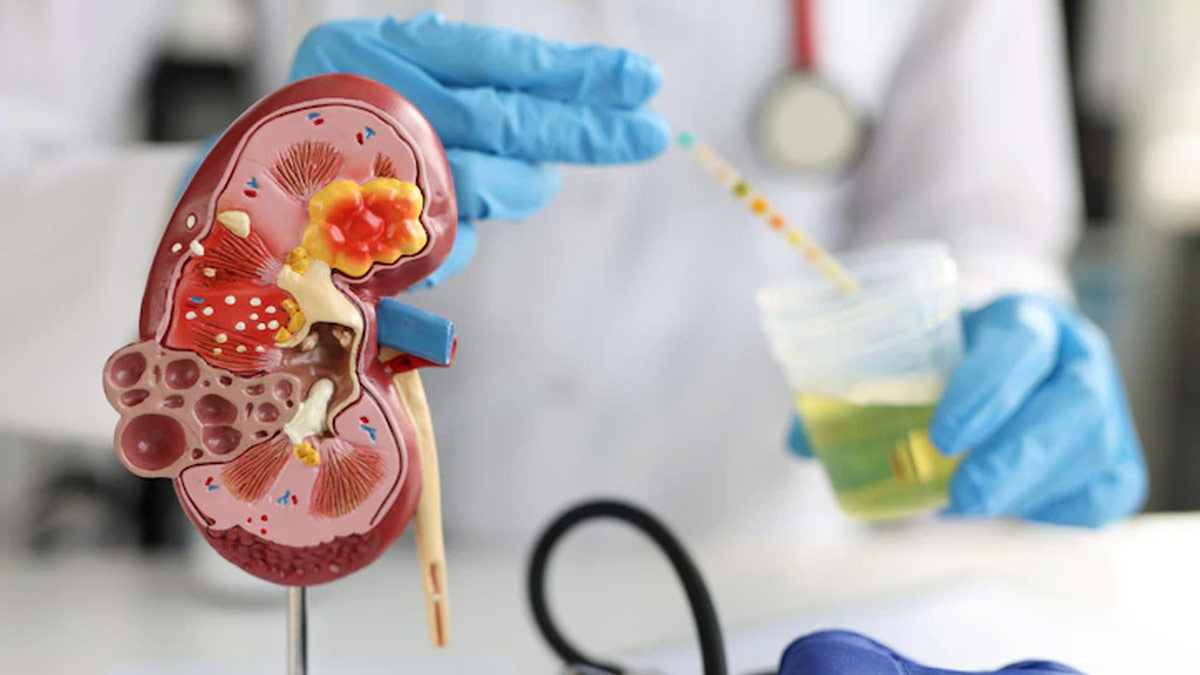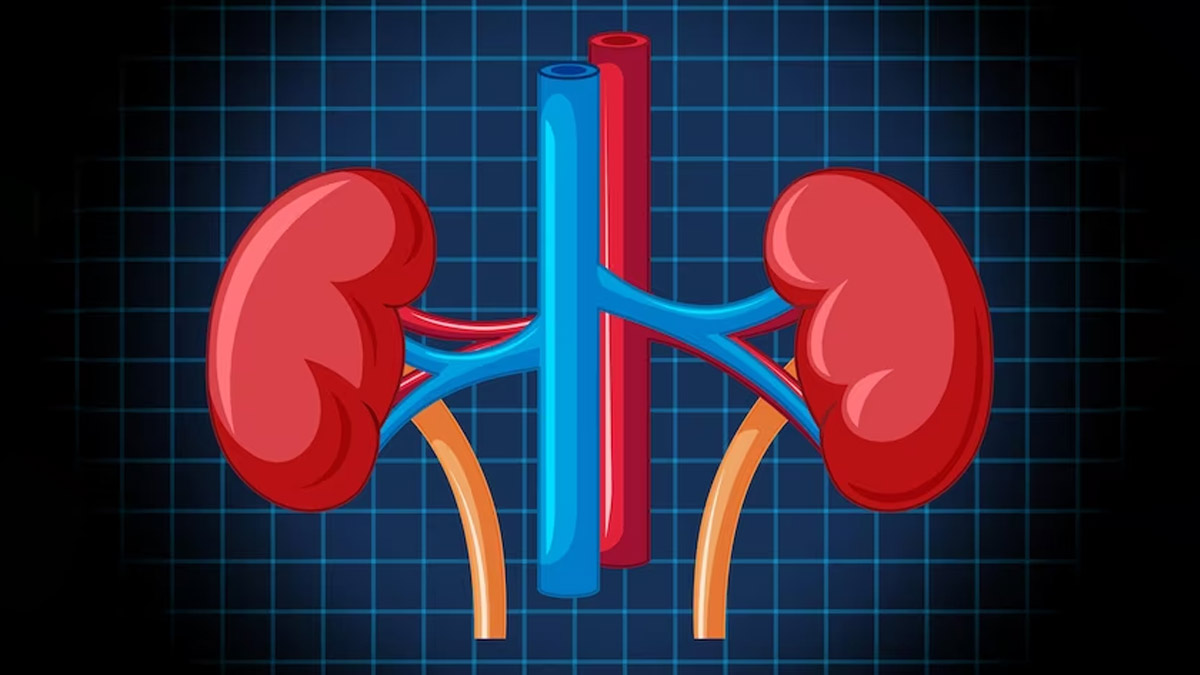
The human body derives its energy for functioning from the consumption of food. Following the digestion process, certain components are rendered as waste products, including salts, urine, and impurities. These waste materials are eliminated from the body via the kidneys in the form of urine.
Table of Content:-
“Operating as a vital part of the excretory system, kidneys play a crucial role in maintaining bodily health. When kidneys fail to function properly, various diseases can proliferate throughout the body. Prompt diagnosis and treatment become imperative in such cases. Kidney disorders loom ominously, akin to an octopus's grip,” said Dr Pawan Wakhare, MBBS, MD, DM Nephrology, Medicover Hospital.

As per Dr Wakhare, one in five men and one in four women worldwide grapple with chronic kidney diseaseDiabetes and hypertension stand out as two primary culprits behind kidney disorders. Additionally, kidney inflammation, infections, overuse of antibiotics and painkillers, as well as exposure to heavy metals, contribute significantly to kidney ailments.
Symptoms Of CKD
The kidney comprises intricate mesh filters called nephrons. In individuals with diabetes, elevated sugar levels can lead to blockages within these nephrons, impairing kidney function and resulting in the accumulation of waste substances within the body. This heightened accumulation of urea and creatinine within the kidneys manifests in various symptoms, including:
- Fatigue
- Swelling of the feet and face
- Loss of appetite
- Persistent shortness of breath
- Excessive drowsiness
- Itching
- Difficulty urinating
“Crucially, the stages of chronic kidney disease are classified based on the glomerular filtration rate (GFR), which measures the kidney's filtering capacity. Normally, a healthy individual's GFR stands at 100 ml per minute. However, kidney damage leads to a decline in this rate, necessitating dialysis or transplantation for affected patients,” said Dr Wakhre.

High blood pressure can cause damage to the kidneys over time, and can increase the risk of chronic kidney disease. Maintaining a healthy blood pressure through diet, exercise, and medication (if necessary) is important. Aim for a blood pressure target as advised by your healthcare provider, usually around 120/80 mmHg. The primary role of the kidneys lies in recycling, they effectively filter the blood, expelling waste and excess water through urine while retaining essential elements within the bloodstream.
Treatment Of Chronic Kidney Disease
Individuals undergoing treatment for kidney disorders often contend with concomitant heart diseases, significantly elevating the risk of heart attacks. In fact, the risk of heart complications is twenty times higher than the necessity for dialysis or transplant.
Also read: Rana Daggubati Talks About Kidney Transplant, Tips To recover Post Transplant
To mitigate these risks, adopting positive lifestyle changes is imperative. Incorporating regular exercise, maintaining a balanced diet, controlling blood sugar and blood pressure levels, and undergoing routine medical check-ups are paramount. Particular emphasis should be placed on monitoring urine for protein, creatinine, and blood pressure levels as a proactive measure.
Also watch this video
How we keep this article up to date:
We work with experts and keep a close eye on the latest in health and wellness. Whenever there is a new research or helpful information, we update our articles with accurate and useful advice.
Current Version